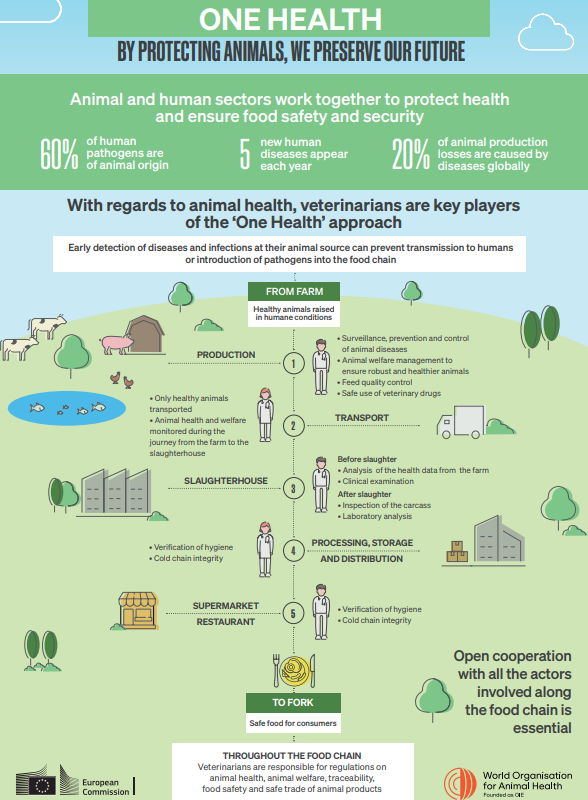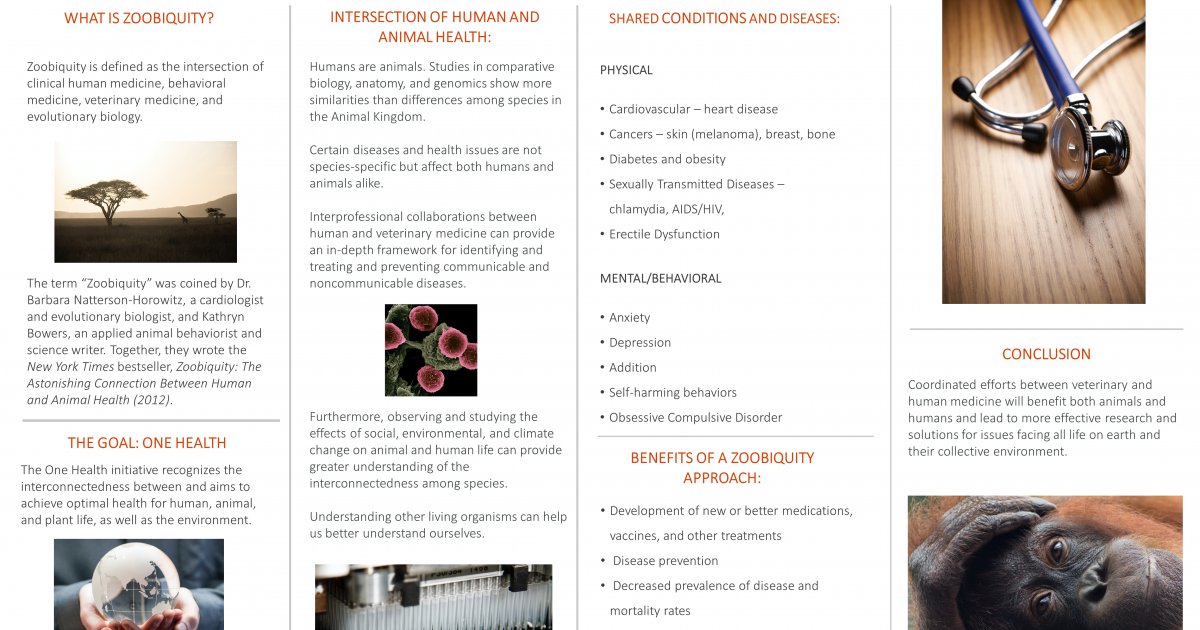New Tips To Deciding On Herbs Good For Dogs
Wiki Article
What Are The Most Frequent Medical Conditions That Can Affect Animals?
The medical problems of animals differ according to their species age, health overall and species. Animals may suffer from various medical conditions.
Parasitic diseases- Infections by ticks, fleas, worms, mites and mites can cause a variety of diseases. Avoiding the spread of parasites and having regular checks-ups is essential. Skin Skin issues like allergies, dermatitis or hot spots may be uncomfortable and irritating for pets.
Ear infections are quite common particularly for felines and dogs with floppy-eared ears. The infections can lead to hearing loss and cause discomfort.
Dental Problems: Dental issues such as periodontal disease and tooth decay may negatively impact the overall health of animals.
Respiratory Diseases: In stress or in environments that are overcrowded animals can be afflicted with upper respiratory illnesses (pneumonia and bronchitis) and pneumonia.
Joint and Arthritis Problems Senior animals, as well with some breeds that are large, may suffer from joint and arthritis issues, which can result in the loss of mobility and pain.
Obesity: Overweight animals can suffer from joint and heart problems.
The effects of food allergies, infection or other conditions that are underlying can cause vomiting, diarrhea and other digestive issues.
Cancer - Similar to animals, animals are prone to developing cancer. Treatments can consist of radiation, surgery or chemotherapy.
Injuries and woundsInjuries and wounds - Fighting or accidents can result in soft tissues injuries, fractures and injuries that require medical care. It is important to keep in mind that early detection is key to maintaining animals' wellbeing and health. Regular check-ups with a veterinarian vaccines, parasite prevention and a healthy diet can prevent a lot of these common medical issues for animals. A veterinarian should also be immediately contacted if the animal shows signs of disease. Take a look at the Best pet dental support supplements for site examples.

What Are The Most Effective Vitamins, Probiotics Or Supplements For Dogs And Cats?
Probiotics, vitamins, or other supplements must be selected according to the specific needs of your pet and the advice of your veterinarian. Although it is important to provide your dog with a balanced, nutritious diet, certain dogs may also get extra benefits from supplements. Here are a few supplements which could be beneficial for dogs.
Multivitamins. A high-quality dog food should have all the vital nutrients, vitamins and minerals your dog needs. A multivitamin supplement is beneficial for dogs with restricted diets. It is important to ensure that the product is appropriate intended for dogs since some may cause harm if consumed in large quantities. Omega-3 Fat Acids: Omega-3 acids like fish oils may help support the health of your skin and hair, reduce inflammation and promote joint health. They are often prescribed for dogs with skin allergies or arthritis.
Probiotics Probiotics are beneficial microorganisms that support digestion health. They do this by maintaining a balance in the microbiome of your gut. These are commonly used to relieve gastrointestinal issues such as diarrhea and to boost your immune system.
Glucosamine and Chondroitin - These supplements are frequently used to improve joint health and lessen the symptoms of arthritis, especially in older breeds or those with large sizes.
Talk to your vet prior to feeding your pet any supplement. They will offer advice specific to your dog's particular requirements. The dosage of supplements can differ based on the dog's size, age and overall health. Supplementation that is excessively high in calories can be dangerous. Also, you should select supplements made by reputable firms as the quality and safety may differ. Always follow the dosage guidelines and keep an eye out for any adverse reactions. Consult your vet immediately when you notice any unusual signs or reactions. A well-balanced and veterinarian-recommended diet is typically the best way to meet your dog's nutritional needs, and supplements should only be used when necessary and under professional guidance. Find the Top natural supplements for dogs and cats for website examples.

How Prevalent Is Kidney Failure, Skin Allergies As Well As Yeast Infections In Dogs? What Treatment?
There are many diseases that can impact your dog, such as yeast infections and allergies to skin. They are different in severity according to breed, age, and overall health. Here's a look at the conditions that can cause them, as well as their severity and treatment options.
Prevalence of renal disease and kidney disease Although it is less prevalent kidney disease is a possibility, it can be a problem for older dogs. This can be an acute condition (with an abrupt appearance) of chronic (developing gradually).
The signs of kidney infection include weight loss, increased thirst, increased urination and fatigue.
Treatment depends upon the type of kidney disease. Acute kidney failure demands intensive care. Dietary changes and blood pressure medication and kidney-supporting treatments are all options to treat the chronic kidney condition. It is a progressive disease, so early diagnosis and treatment is crucial.
Despite the fact that these diseases can affect dogs, not every dog will be affected. The prevalence of these conditions will vary among breeds and dogs. Regular veterinary visits, a balanced food diet as well as other preventative measures, like preventive flea treatment and hygienic habits can lower the risk of developing these ailments. If you suspect a dog's health issue, whether it be yeast or skin allergies, your vet is the best person to seek a diagnosis and treatment plan. Early intervention may improve outcomes and better quality of life for you pet. Take a look at the Best holistic pet herbs for website tips.
